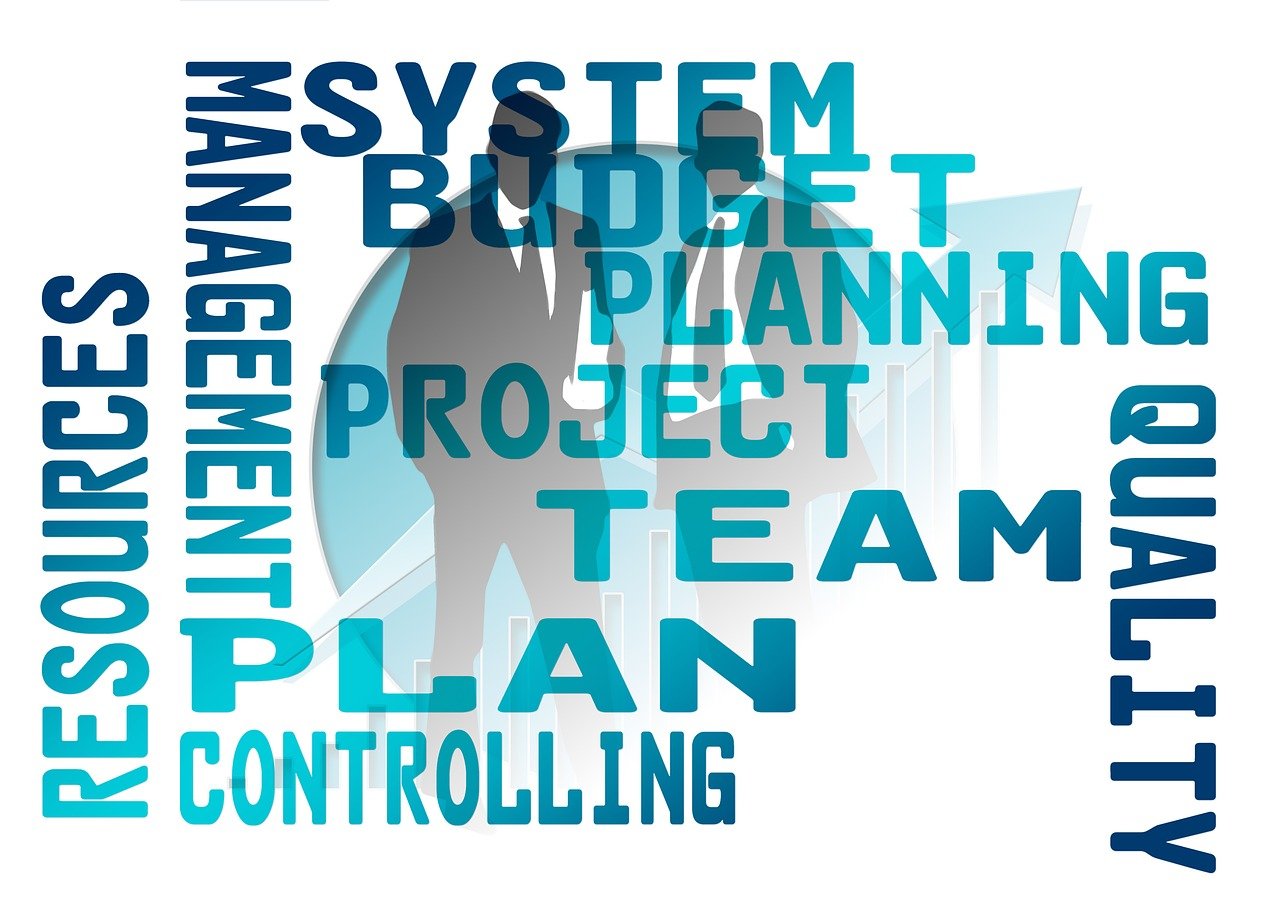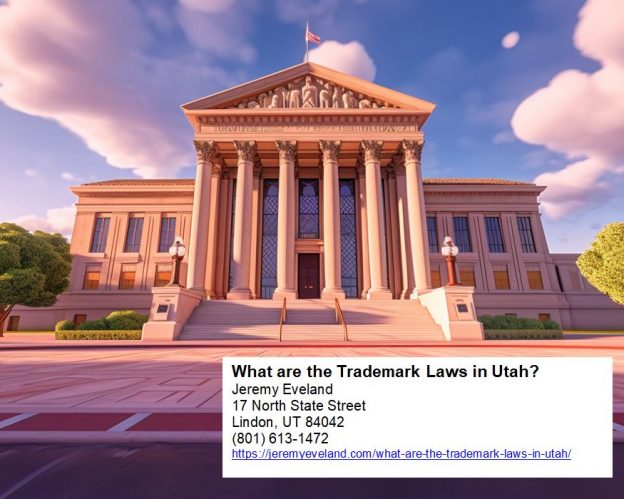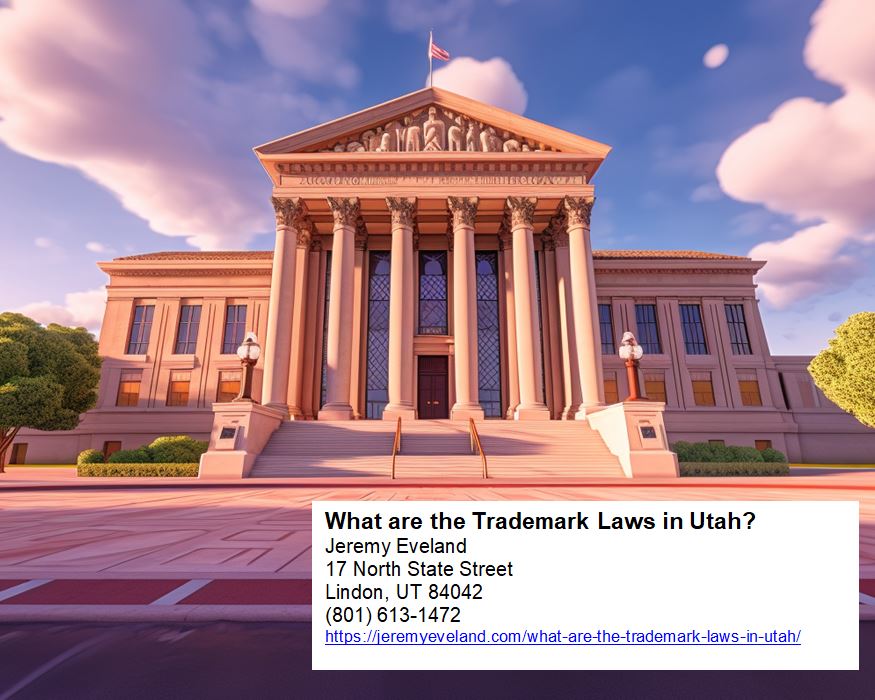Are you tired of dealing with complex vendor contracts that leave you feeling confused and vulnerable? Look no further, as we are here to help you navigate through the world of vendor contracts and provide you with the best practices to ensure your peace of mind. In this article, we will address common legal concerns directly and offer guidance that will leave you feeling reassured and well-informed. With our expert advice, you can approach vendor contracts with confidence, knowing that you are equipped with the knowledge to make informed decisions. Don’t hesitate to take the next step and seek assistance promptly by giving us a call. Your vendor contract worries will soon become a thing of the past!

Understanding Vendor Contracts
Definition of a Vendor Contract
A vendor contract, also known as a supplier agreement, is a legally binding document that outlines the terms and conditions under which a vendor provides goods or services to a buyer. It is a crucial tool for establishing a clear understanding of the expectations and obligations of both parties involved in the business relationship. The contract serves as a roadmap for the transaction, ensuring that all parties are aware of their rights and responsibilities.
Importance of Vendor Contracts
Vendor contracts play a crucial role in any business relationship. They provide a solid foundation for the partnership between the vendor and the buyer, ensuring that both parties know what to expect from each other. These contracts help establish trust and transparency, mitigate risks, and protect the interests of all involved. By clearly defining the terms, conditions, and obligations, vendor contracts minimize misunderstandings and help prevent potential conflicts or disputes.
Common Legal Concerns
When entering into a vendor contract, it is normal to have certain legal concerns. Some of the common concerns that arise include issues related to payment, delivery, intellectual property rights, confidentiality, and termination. It is essential to address these concerns in the contract to provide reassurance and guidance to all parties involved. By clearly defining these aspects in the vendor contract, you can ensure that your legal interests are protected.
Reassurance and Guidance
Understanding vendor contracts can be overwhelming, especially when it comes to legal jargon and complex terms. However, it is important to remember that vendor contracts are designed to provide reassurance and guidance. They serve as a tool for open and honest communication between the vendor and the buyer. If you have any concerns or questions regarding the terms of the contract, it is always advisable to seek legal advice from an experienced attorney who can provide you with the necessary guidance.
Key Elements in Vendor Contracts
Purpose and Scope
The purpose and scope of the vendor contract should be clearly defined to avoid any confusion or ambiguity. This section outlines the specific goods or services to be provided, the intended use of the goods or services, and any limitations or restrictions.
Parties Involved
Identifying the parties involved is a crucial element of the vendor contract. It should clearly state the legal names of both the vendor and the buyer, along with their contact information. This ensures that both parties can be held accountable for their obligations under the contract.
Terms and Conditions
The terms and conditions section of the vendor contract outlines the rights and responsibilities of both the vendor and the buyer. It includes important details such as delivery schedules, payment terms, warranties, and any additional conditions that need to be met.
Payment and Pricing
Clearly defining the payment and pricing terms is essential to avoid any misunderstandings or disputes. This section should specify the price of the goods or services, the payment schedule, and any additional costs or fees that may apply, such as shipping or taxes.
Delivery and Performance
The delivery and performance section outlines the timeframes and methods by which the goods or services will be delivered. It also includes performance standards or benchmarks that the vendor must meet to ensure the quality and timeliness of the deliverables.
Intellectual Property Rights
If the vendor contract involves the creation or transfer of intellectual property, this section should clearly define the ownership and usage rights. It protects both parties by establishing who holds the rights to the intellectual property and how it can be used or accessed.
Confidentiality
Confidentiality is a critical aspect of many vendor contracts, especially when it involves sensitive information or trade secrets. This section ensures that both parties understand their obligations regarding the protection and non-disclosure of confidential information.
Termination and Dispute Resolution
The termination and dispute resolution section outlines the process and conditions under which either party can terminate the contract. It also defines the methods and procedures for resolving any disputes that may arise during the term of the contract, such as mediation, arbitration, or litigation.
Negotiating Vendor Contracts
Understanding Vendor Needs
Before entering into negotiations, it is essential to have a clear understanding of the vendor’s needs. By understanding their goals, constraints, and expectations, you can tailor the contract to meet their requirements while protecting your own interests.
Setting Clear Expectations
Effective negotiation relies on setting clear expectations from the beginning. Clearly communicate your expectations regarding pricing, delivery schedules, performance standards, and any other important aspects of the contract. This helps ensure that both parties are on the same page and prevents misunderstandings down the line.
Negotiation Strategies
Negotiating a vendor contract requires careful consideration and a strategic approach. Consider using strategies such as identifying common interests, exploring alternative solutions, and finding win-win outcomes. By adopting a collaborative mindset, you can create a mutually beneficial agreement.
Safeguarding Interests
During the negotiation process, it is crucial to safeguard your interests. Carefully review and analyze each clause of the contract to ensure that it aligns with your needs and protects your rights. Seek legal advice to identify any potential risks or issues that may arise.
Effective Communication
Effective communication is key to successful negotiations. Clearly articulate your needs and concerns, actively listen to the vendor’s perspective, and maintain an open dialogue. By fostering clear and constructive communication, you can build a stronger foundation for the contractual relationship.
Seeking Legal Advice
Seeking legal advice is highly recommended during the negotiation process. An experienced attorney can review the proposed contract, identify any potential areas of concern, and provide guidance on how to protect your interests. Their expertise can prove invaluable in securing a favorable agreement.
Ensuring Legal Compliance
Applicable Laws and Regulations
Compliance with applicable laws and regulations is essential when drafting vendor contracts. Familiarize yourself with relevant legal requirements and ensure that the contract aligns with these obligations. This includes areas such as consumer protection laws, contract law, and industry-specific regulations.
Legal Review Process
A thorough legal review process is crucial to ensure that the vendor contract is legally sound and free from any potential pitfalls. Engage an experienced attorney who specializes in contract law to review and analyze the contract. They can identify any areas requiring amendment or clarification to mitigate legal risks.
Contractual Obligations
Clearly defining the contractual obligations of both parties is important for legal compliance. Ensure that all obligations, rights, and responsibilities are clearly outlined in the contract. This includes performance expectations, delivery schedules, payment terms, and any other relevant matters.
Data Privacy and Protection
If the vendor contract involves the processing or handling of personal data, it is important to ensure compliance with data privacy and protection regulations. Include provisions that outline the vendor’s obligations regarding data security, confidentiality, and the handling of personal information.
Risk Assessment and Mitigation
Conducting a comprehensive risk assessment is essential to identify potential risks and develop mitigation strategies. Assess areas such as financial risks, operational risks, legal risks, and reputational risks. Incorporate risk mitigation strategies into the contract to protect both parties.

Managing Vendor Relationships
Establishing Open Communication
Building and maintaining open lines of communication with vendors is crucial for successful relationship management. Foster regular communication channels to discuss concerns, address issues promptly, and keep each other informed. This helps prevent misunderstandings and strengthens the partnership.
Regular Performance Evaluation
Regularly evaluating the performance of vendors is important to ensure that expectations are being met. Establish performance metrics and conduct periodic evaluations to assess the vendor’s compliance with the contract terms. Address any performance gaps or areas for improvement proactively.
Monitoring Contractual Compliance
Monitoring contractual compliance is essential to ensure that both parties are fulfilling their obligations. Keep track of deliverables, payment schedules, and any other contractual terms. This allows for timely intervention if any issues arise and enables the resolution of potential disputes.
Addressing Issues and Disputes
Addressing issues and disputes promptly and effectively is crucial for maintaining a healthy vendor relationship. Establish a clear process for issue escalation and dispute resolution in the contract. This ensures that both parties can voice their concerns and work towards finding a mutually agreeable solution.
Renewal and Contractual Amendments
As vendor contracts near their expiration date, it is important to assess the need for renewal or amendments. Evaluate the performance and value provided by the vendor and decide whether to continue the partnership. If necessary, negotiate and prepare contract amendments to reflect any changes in the business relationship.
Tips for Drafting Vendor Contracts
Clarity and Precision
When drafting vendor contracts, prioritizing clarity and precision is essential. Use clear, concise language that is easily understood by all parties involved. Avoid using excessive legal jargon or complex terms that may cause confusion or misinterpretation.
Comprehensive Scope of Work
Include a comprehensive scope of work section that outlines the specific goods or services to be provided. Clearly define the deliverables, timelines, and quality standards to ensure that both parties have a clear understanding of the expected outcomes.
Detailed Terms and Conditions
The terms and conditions section should be detailed and cover all relevant aspects of the contract. Include clauses related to payment terms, delivery schedules, warranties, indemnification, and any other important terms specific to your business relationship.
Explicit Payment and Pricing
Payment and pricing terms should be explicitly defined in the contract. Outline the price of the goods or services, payment schedules, acceptable payment methods, and any additional costs or fees that may apply. This prevents any ambiguity or misunderstandings regarding financial obligations.
Rights and Obligations of Parties
Clearly outline the rights and obligations of both parties in the contract. This includes performance expectations, confidentiality obligations, intellectual property rights, and any other rights or obligations specific to the business relationship. A well-defined rights and obligations section minimizes confusion and enables smooth cooperation.
Risk Allocation and Limitation of Liability
Addressing risk allocation and limitation of liability is essential in vendor contracts. Clearly define each party’s liability for any potential losses, damages, or breaches of the contract. This section helps protect both parties from excessive liability and sets reasonable expectations.
Confidentiality and Non-Disclosure
If the vendor contract involves confidential information or proprietary knowledge, include a confidentiality and non-disclosure section. Clearly outline the obligations, restrictions, and consequences of any breach of confidentiality. This helps protect sensitive information and fosters trust between the vendor and the buyer.
Termination and Transition
The termination and transition section of the contract should clearly define the process and conditions under which the contract can be terminated. Include provisions for notice periods, transition assistance, and any other relevant details to ensure a smooth and orderly termination, if necessary.
Contract Management and Documentation
Documenting Vendor Contracts
Properly documenting vendor contracts is essential for effective contract management. Create a comprehensive written agreement that clearly outlines all relevant terms and conditions. Ensure that all parties involved have a signed copy of the contract for reference and documentation purposes.
Effective Contract Organization
Organizing vendor contracts in a systematic and easily accessible manner is crucial for efficient contract management. Use a centralized contract management system or database to store and track all contracts. This allows for easy retrieval, monitoring, and renewal processes.
Creating Performance Metrics
Establishing performance metrics is important to measure the success and compliance of vendor contracts. Define key performance indicators (KPIs) that align with the goals and expectations outlined in the contract. Regularly review and monitor these metrics to ensure that the vendor is meeting the agreed-upon standards.
Maintaining Contractual Records
Maintaining accurate and updated records of vendor contracts is crucial for legal and compliance purposes. Keep copies of all signed contracts, amendments, correspondence, and any other relevant documentation in a secure and organized manner. This ensures easy access and retrieval of information when needed.
Renewal and Expiry Management
Proactive management of contract renewals and expirations is essential to avoid any disruptions in the business relationship. Establish a timely renewal process that includes a review of the vendor’s performance, reassessment of terms, and timely initiation of renewal or termination actions.
Vendor Contract Disputes
Common Causes of Disputes
Despite best efforts, disputes may arise in vendor contracts. Common causes of disputes include disagreements over payment, delivery issues, breach of contract, changes in scope, or failure to meet performance expectations. It is important to be aware of these potential issues and address them proactively.
Alternative Dispute Resolution
Alternative dispute resolution methods, such as mediation or arbitration, can be effective in resolving vendor contract disputes without resorting to litigation. These methods offer a more cost-effective and less adversarial approach, allowing both parties to reach a mutually acceptable solution.
Litigation and Legal Remedies
In some cases, litigation and legal remedies may be necessary to resolve vendor contract disputes. If alternative dispute resolution methods fail or if the dispute involves significant legal or financial implications, pursuing legal action may be the most appropriate course of action.
Enforcement of Contractual Rights
Enforcing contractual rights requires a thorough understanding of the contractual terms and applicable laws. If a vendor fails to fulfill their obligations, you may have legal recourse to seek remedies such as specific performance, monetary damages, or termination of the contract. Seek legal advice to explore the available options.

Importance of Legal Assistance
Role of an Attorney in Vendor Contracts
An attorney plays a crucial role in ensuring the validity, enforceability, and protection of your interests in vendor contracts. They provide guidance throughout the negotiation and drafting process, ensuring that all legal requirements and best practices are met.
Seeking Expert Legal Advice
Seeking expert legal advice is highly recommended when dealing with vendor contracts. An experienced attorney specializing in contract law can review and analyze the contract, identify potential risks, and provide guidance on how to protect your legal interests.
Review and Analysis of Contracts
An attorney can review and analyze the vendor contract comprehensively, ensuring that all clauses are clear, enforceable, and in compliance with relevant laws. They can identify any potential gaps, ambiguities, or areas requiring amendment to minimize risks.
Mitigating Legal Risks
An attorney can help identify and mitigate potential legal risks associated with vendor contracts. They can provide valuable insights into legal obligations, potential liabilities, and strategies to protect your business interests. Their expertise enables you to enter into contracts with confidence.
Collaborating in Dispute Resolution
In the event of a dispute or disagreement, an attorney can provide valuable support in exploring alternative dispute resolution methods or pursuing legal remedies. They can represent your interests, guide you through the dispute resolution process, and strive for a favorable outcome.
Conclusion and Call-to-Action
Summary of Vendor Contract Best Practices
Understanding, negotiating, and managing vendor contracts are essential skills for any successful business. By understanding the key elements of vendor contracts, addressing common legal concerns, and seeking legal assistance when needed, you can ensure that your contractual relationships are built on solid foundations.
Promoting Effective Contract Management
Effective contract management is crucial to ensure that vendor contracts are properly executed, monitored, and reviewed. Implementing best practices such as clear communication, regular performance evaluation, and systematic organization can help optimize the benefits of vendor contracts.
Contact Our Experienced Attorneys
If you have any questions, concerns, or need assistance with vendor contracts, our experienced attorneys are here to help. Contact us today to discuss your specific needs and requirements. Our legal expertise can provide the guidance and support you need to navigate the intricacies of vendor contracts.
Take the Next Step
Don’t wait until issues arise – take the next step in securing your business relationships today. Call our office to schedule a consultation and gain the peace of mind that comes from knowing your vendor contracts are well-drafted, legally compliant, and structured to protect your interests. Let us help you establish a strong and successful business partnership.










